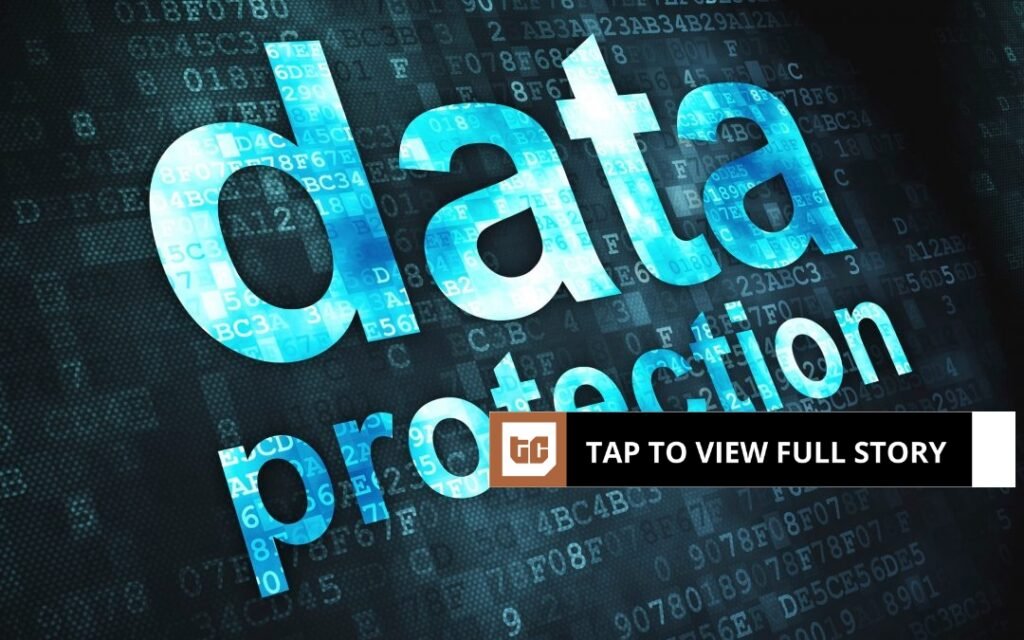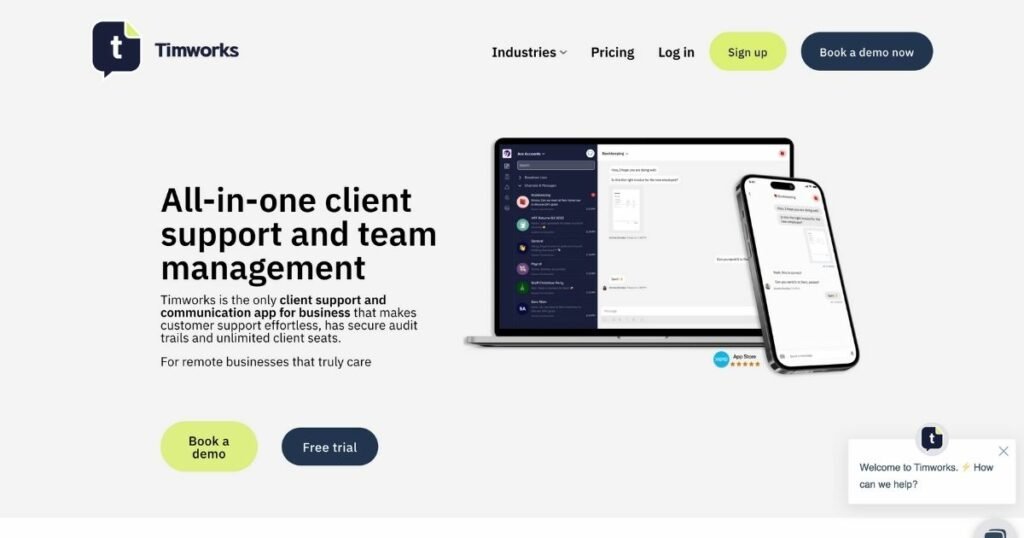Data Protection Day 2019: Privacy firmly in the limelight

We asked some of the leading figureheads and thought-leaders in the field of cybersecurity and privacy to give us their thoughts about what 2019 has in store for us when it comes to privacy and data protection, just days before the Data Protection Day (orData Privacy Dayas it is called in the US). We received more than 100 replies that cover the widest possible spectrum and show how important and critical that field has become for the wider tech community.
- 2019 is the year we discover the true cost of poor data protection
- These are the seven deadly sins of data tampering
- Four easy ways to protect your digital Identity
So why the Data Protection day is so important?
Mike Turner, Head of Compliance at Mojo Mortgages, gives his thoughts
GDPRimplementation last year – It is great to see the transition hasn’t been the nightmare some predicted it would. I think Data Protection Day is of particular importance this year for awareness reasons.
DP day provides the opportunity to bring governments, parliaments, and regulators and specific DP bodies together to raise awareness of what rights individuals have, specifically relating to personal data and privacy. The day opens up the floor for active discussions about how we can better protect and guard the data across a variety of industries, as well as the tools and strategies to put them in place.
With that being said, the awareness behind data protection should be permeated to society every day. Yes, Data Protection Day serves a timely reminder of individual privacy, however distributing awareness surrounding data protection should be instilled in every companies strategy.
Nonetheless, Data Protection Day gives a chance for a diverse number of organisations to come together to acknowledge the trust customers put in organisations to protect their data and stresses how important safeguarding customer data will be if business are to be successful.
Is it actually necessary to have such an event in 2019?
Colin Truran, principal technology strategist, Quest answers
We should ask ourselves, is an arbitrary day to simply raise awareness of data privacy really necessary in 2019? In the era of GDPR, multi-million dollar lawsuits, and career-ending data breaches, awareness of data privacy is higher than ever. It may sound cliché, but every single day of the year should be a day for businesses and individuals to do more to protect personal data.
Data Privacy Day has been a fixture of the calendar since 2007, and I believe it needs to evolve to stay relevant with the rapidly changing data landscape. Beyond raising awareness, the 28th January needs to become a day where businesses are genuinely held accountable for their data protection practices.
To celebrate a day like this, we should be calling on all organisations to be transparent and publish exactly what they’re doing to safeguard their customers’ data, making Data Privacy Day an annual check-in on the health of data protection and to ensure there are no hiding places for data misuse. The day is an opportunity for organisations to demonstrate how competitive they are in upholding the rights of the individual and protecting their data.
How does trust factor in to data protection?
Mark Barrenechea, CEO at OpenText, elaborated
Over 2.5 quintillion bytes of data are created each day. This pace will only continue to accelerate as automated cars, sensors, drones, and the Internet of Things (IoT) introduce new formats at a rapid-fire pace. Clearly, we are in store for an information-infused future. This data is to a business or to an individual, as blood is to the body. Its foundation: trust.
Banish data, or the trust to protect it, and the world falls apart: all commerce would cease; bank accounts would have zero balances; planes would fall out of the sky; cars would halt in their tracks; power and water would stop flowing. Data, business and life are inseparable, and as indispensable as water, air and electricity. More profoundly, data and systems are so advanced that we can begin to see our human and cognitive form in our own digital data trails. Every day we are building, brick by brick and bit by bit, a digital copy of ourselves, whether we are aware of it or not.
The nature of the data has changed, as today’s data goes well beyond what you can find in the phone book of a decade ago. In this digital era, your modern data now includes your behaviours (friends list, what you read, pictures, a recording of all your phone calls, etc). But what is the real difference when a bad actor steals 135 million people’s data from a credit aggregator or when a social media company sells 85 million people’s data to a political consulting firm? The actors are different, but the consumer impact is the same. Trust is broken. Whether it be governments, individuals or businesses, when trusted with data, it is job Number 1 to defend and protect that which is entrusted. This trust transcends products or services.”

Why data protection has becoming increasingly complex and the regulatory framework is more significant now more than ever before?
Darren Barker, VP & General Manager UK&I of Hitachi Vantara
Data is fast becoming a new global currency, perhaps the most powerful in history, and businesses mine, collect and safeguard it. Yet unlike gold or oil which is made valuable by its scarcity, data is in abundance – and it is the sheer volume of it that makes it so challenging to govern. Businesses are often overwhelmed by their data, which is typically disparate and scattered across departments and even geographies. It’s not just small companies that are struggling in a new data-saturated world. If anyone needs a reminder of the pertinence of data protection, just last week, Google was handed a £44 million fine in France for alleged GDPR breaches.
Unlike a traditional currency, you can’t hand data over to a bank or lock it in a vault. Rather than a bank manager, businesses increasingly entrust their data to the Chief Data Officer. Still, companies live under the constant shadow of stringent regulation. This isn’t a bad thing – imagine toda
Be the first to write a comment.







